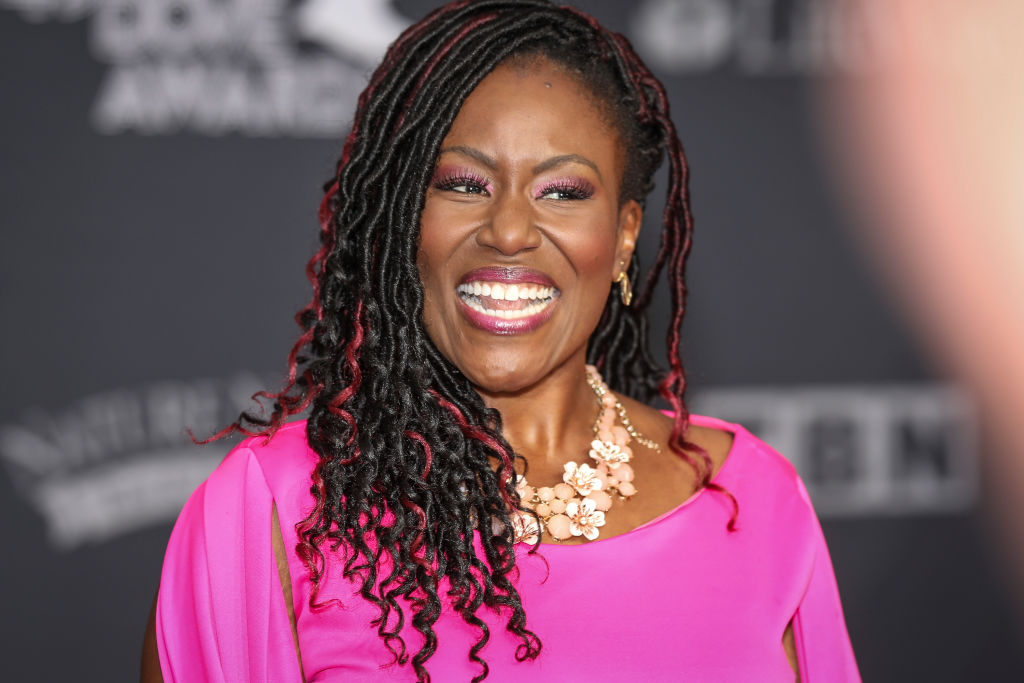(BlackDoctor.org) — Research findings have uncovered that young people are being exposed to a massive amount of marketing for sugary drinks, such as full-calorie soda, sports drinks, energy drinks, and fruit drinks, according to a new study from the Yale Rudd Center for Food Policy & Obesity.
The study is the most comprehensive and science-based assessment of sugary drink nutrition and marketing ever conducted. The data show that companies marketing sugary drinks target young people, especially black and Hispanic youth. Researchers from the Rudd Center will present detailed findings of the study on October 31 during the American Public Health Association’s Annual Meeting in Washington, D.C.
The report’s authors studied marketing by 14 beverage companies and examined the nutritional quality of nearly 600 products including full-calorie soda, energy drinks, fruit drinks, flavored water, sports drinks, and iced teas, as well as diet energy drinks and diet children’s fruit drinks.
“Beverage companies have pledged to improve child-directed advertising,” said lead researcher Jennifer Harris, director of marketing initiatives at the Rudd Center. “But we are not seeing a true decrease in marketing exposure. Instead companies have shifted from traditional media to newer forms that engage youth through rewards for purchasing sugary drinks, community events, cause-related marketing, promotions, product placements, social media, and smartphones.”
Key study findings include:
Companies are targeting black and Hispanic children and teens:
• Black children and teens saw 80 percent to 90 percent more ads compared with white youth, including more than twice as many for Sprite, 5-hour Energy, and Vitamin Water.
• Gatorade also appears to target black youth; 38 percent of their ads featured main characters who were black, namely famous athletes; their website also features black actors.
Many fruit drinks and energy drinks have as much added sugar and calories as full-calorie soda:
• An 8-ounce serving of a full-calorie fruit drink has 110 calories and 7 teaspoons of sugar – the same amount found in an 8-ounce serving of a full-calorie soda or energy drink.
• Children ages 4 to 8 should consume no more than 15 grams of added sugar per day, according to Choosemyplate.gov and the American Heart Association. Given that there are at least 15 grams of sugar per serving in two-thirds of the drinks marketed to children, these drinks contribute to excess sugar consumption. Even 6-ounce child-sized drink pouches like Capri Sun Originals have about 14 grams of added sugar.
• Forty percent of children’s fruit drinks contain artificial sweeteners.
• More than half of sugary drinks and energy drinks display nutrient-related claims on their packages, and 64 percent feature their “all-natural” or “real” ingredients. For example, Cherry 7 Up Antioxidant highlights it is “low sodium,” and labels on Kool-Aid powders promote that they have “25% fewer calories than the leading beverage.”
Study Finds That Black Children Are Marketed More For Sugary Drinks was originally published on blackdoctor.org

















